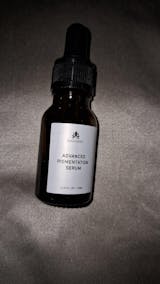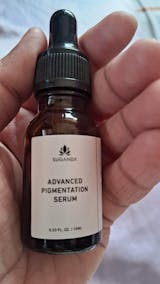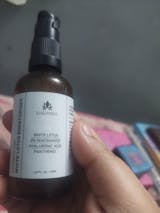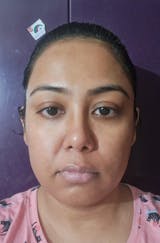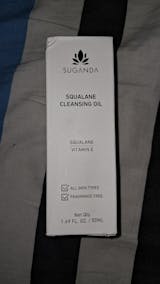When we hit our late twenties or probably early thirties, the one thing that often bothers us is the fear of ageing. Ageing shows up with the signs of laxity, wrinkles and fine lines. As the word "anti-ageing" has gained a lot of commercial prominence in the market, people fear the prices of skincare products related to ageing. The question is, " is combating the ageing process that challenging"? How do you know which products to use?
Well, the answer could be as simple as using sunscreen!
Yes! Sunscreen works wonders in treating ageing issues. Let us see how.
First Things First-How, Do We Age?
As we work through hectic days, we get exposed to the sun. The sun emits UVA and UVB rays harmful to the skin. The UVA rays are all present throughout the year, even when the sky is cloudy, and you might not feel that it is damaging the skin, but in reality, slowing damages the cells beneath the skin. The UVB rays, in contrast, immediately show sunburns.
Also, we have an area called the telomere at the ends of the chromosomes that store the genetic information whose length decreases with age. This causes the signs of ageing.
Apart from the above two stated reasons, oxidative stress is a major factor that contributes to the ageing process. When the skin is exposed to the air, the air contains many free radicals that look for atoms to form a bond to stabilise the bond. The skin being an open susceptible host gets attacked by the radicals, disturbs the cellular matrices and causes wrinkles and other signs of ageing.
In some cases, an inherited genetic mutation causes progeria, which is a type of premature ageing. This produces a protein called progerin that inhibits many critical cellular processes.
The best sunscreens also contain a highly potent combination of antioxidants, skin-restoring ingredients, and moisturising ingredients that are adequate for your skin type.
How important is sunscreen?
The best sunscreens also contain a highly potent combination of antioxidants, skin-restoring ingredients, and moisturising ingredients that are adequate for your skin type.
We might follow all the steps of skincare but not ending with sunscreen is a big mistake, and in fact, it cannot be considered as following the whole regimen. The broader the spectrum of SPF , the better protection from the UV rays.
Some Extras On Sunscreen
- If you believe you will not need sunscreen because you spend the majority of your time indoors, consider this: UVA rays permeate windows and can harm your skin even if you are at home, in your car, or at work. Even if it's cloudy outside, sun exposure begins the moment your skin is exposed to sunlight.
- Only buy sunscreen with an SPF of 30 or higher. That is the least rating approved by most dermatologists and medical boards around the world.
If you are exposed to sunlight, apply sunscreen liberally to your face, neck, and chest. Spread a visible layer and then rub down it into the skin. Allow it to absorb for a few minutes before actually applying makeup.
Depending on your skin type, select a facial moisturiser with sunscreen: If you have dry skin, probably look for a cream sunscreen; if you have oily skin, look for a gel or fluid sunscreen; and if you have combination skin, try for a gel or lotion texture.
Antioxidants are the ideal sunscreen companion: they work with sunscreen ingredients to further protect skin from environmental attacks. Among the top antioxidant properties to look for in sunscreens are a wide range of vitamin C and E and green tea, soy, grape, and pomegranate.
- Sunscreen should always be the last skincare product you apply in the early hours. Trying to apply other skincare products on top of sunscreen reduces its potency.
- We recommend layering sunscreens to achieve the highest possible protection. Apply a sunscreen-containing facial moisturiser first, then a sunscreen-containing primer, and finally a foundation or powder that provides extra sun protection.
- You don't need to use a "beach" sunscreen on your face; rather, look for a facial moisturiser with built-in sun protection that provides moisturization and a blend of good anti-ageing ingredients.
The VCIP serum helps boost collagen(responsible for skin elasticity) and protects from sun exposure
References:
M.S. Latha,”Sunscreening Agents”,Global Medical Affairs, Dr. Reddy's Laboratories Ltd.2013 Jan,
https://www.ncbi.nlm.nih.gov/pmc/articles/PMC3543289/
“Sun protection for preventing basal cell and squamous cell skin cancers”, 2016 Jul,







 +91 9347578980
+91 9347578980